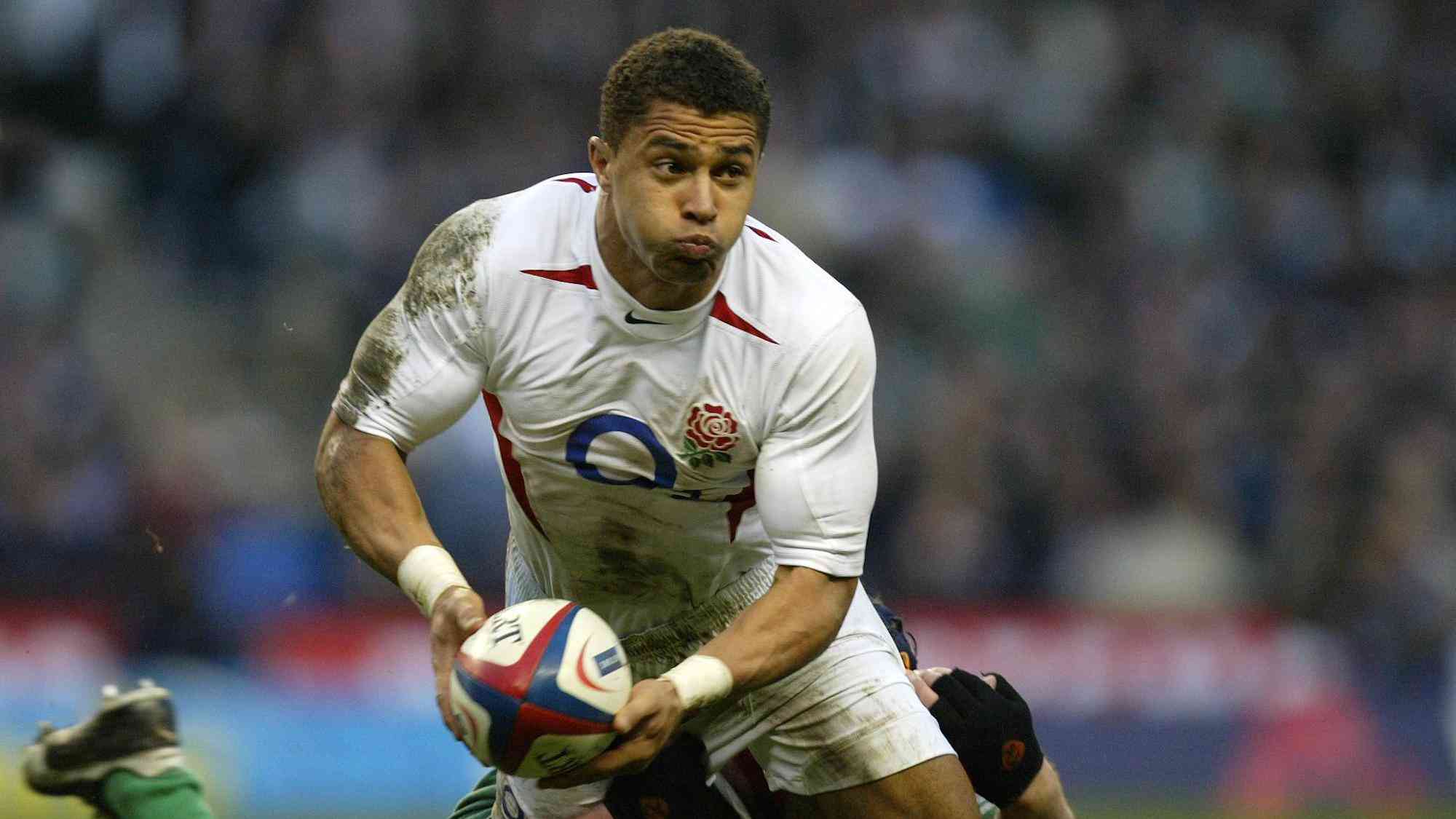
By Tim Middleton
We have all been there! We have all, as the saying goes, been there, done that, got the T-shirt (and the scars)! At the same time however, we can also rightly say that we have all been there, done that and got what we have wanted. Both as a child and as a parent, we have all been there; we have all seen it, heard it, done it and still, the show goes on! We are talking here about the pantomime of children going all out to get what they want, to get their own way. They will pull out all the stops to get what they want. They will do anything and everything; they will try every trick in the book to get their own way, whether that is for a new toy or a later bedtime or another ice cream! Let us consider some of these tactics.
The earliest tactic, which later becomes the crudest, is simply to cry, loudly, persistently, prolongedly. At times the crying may reach screaming proportions, at other times it will remain whimpering, stuttering, sniffing. The switch is turned on, sometimes to full volume, just to test the resolve, while the tears are delivered at just the right time. The child amazingly never tires of hearing the horrific noise and plays on the parent’s patience to give in and do whatever it takes to keep the child quiet. They will cry me a river, as the old song goes. And the score? Parent nil, child one!
Then there is the sulk, the mope, the quiet distancing and refusal to communicate in any form or manner. This of course requires more skill and maturity and practice, coming as it must with the correct lowering of the head and eyes, the shrug of the shoulder, the crossing of the arms. Two nil!
After that, the child may well resort to the ‘strop’, the temper tantrum, the shouting (“I hate you!”) accusing (“That’s just typical of you!”) and threatening (“I’m never going to speak to you again!”). It starts with the child throwing his toys out of the cot and proceeds to the child lashing out with arms, legs, fists, teeth and words. Three nil!
And then, if all that does not work, then the child can always resort to blaming the parent, pointing out that it is the parent’s fault and rely on the parent’s acute sense of guilt and inadequacy to cede to the child’s request and demands. Four nil!
Of course, all such tactics mentioned above (and many more not mentioned) are employed towards those in authority, be they parents or teachers. Children also instinctively seem to know how to get what they want from their peers, fully aware that the same tactics will not work. Crying, screaming, sulking, is not going to cut any ice there. No, different tactics are required for this. Here, they may well be inclined to lash out physically or vocally, failing which they will call on some bigger, stronger, higher authority to do the dirty work – “I’ll get my big brother on you” or, in the absence of any such genuine big brothers, “I’ll get my daddy on you”. Children will stop at nothing to get what they want.
Why are we discussing all of this? We know it all and so we do not need to be painfully reminded of it! The point — the very sad and serious point — is that, in truth, we as adults still do exactly the same thing as our children when we too do not get what we want or have our own way. We cry foul, we squeeze out tears, we accuse, blame, threaten, shout, scream, call on ‘big brother’, throw our toys out the cot, moan, whimper, snivel, because we have not got what we want. That way they score.
- Chamisa under fire over US$120K donation
- Mavhunga puts DeMbare into Chibuku quarterfinals
- Pension funds bet on Cabora Bassa oilfields
- Councils defy govt fire tender directive
Keep Reading
No-one ever sits down and teaches a child how to do all of the above if he wants to get his own way (though some might argue that older siblings are tempted to do so, with the personal, gleeful and selfish intention of seeing their younger sibling get into a lot of trouble from the parent). Ironically the child has in fact taught the adult how to go about achieving his goal. It is not a matter of it being ‘Like Father, Like Son’; in truth it is really ‘Like Son, Like Father’.
We as adults sadly continue to behave like those spoiled children that we denigrate and criticise. Parents and society have failed to raise children the right way; we as adults continue to employ all their pathetic methods and feeble tricks to get our own way, to get what we want, be it in politics, law, education, business, sport or marriage. The only place we tend not to do it is with our children, most probably because we know, and they know, that they, as experts, can see through our charade.
- Tim Middleton is the executive director of the Association of Trust Schools [ATS]. The views expressed in this article, however, are solely those of the author in his private capacity and do not necessarily represent the views of the ATS.
- email: [email protected]
- website: www.atschisz










